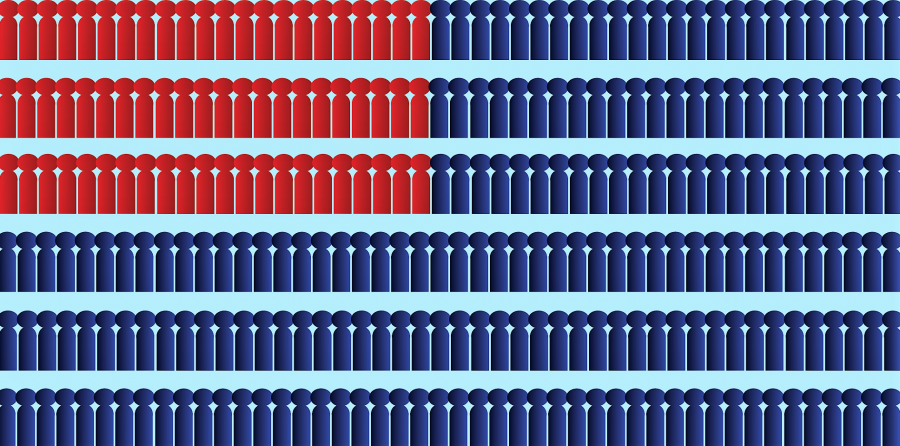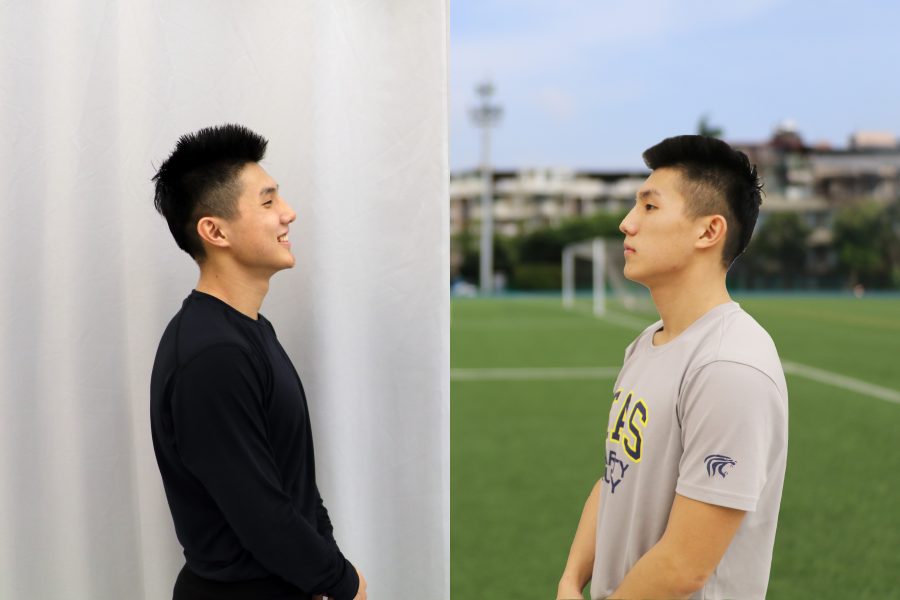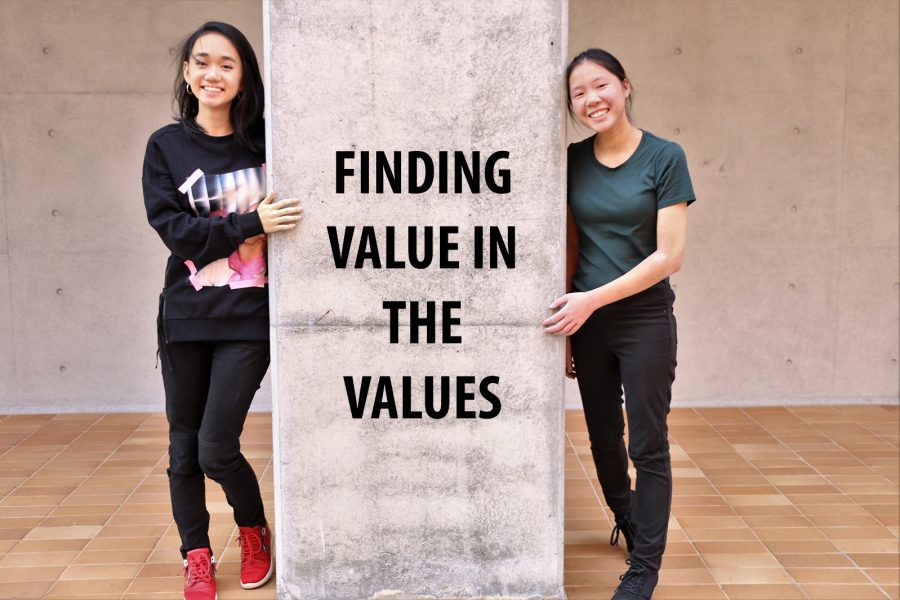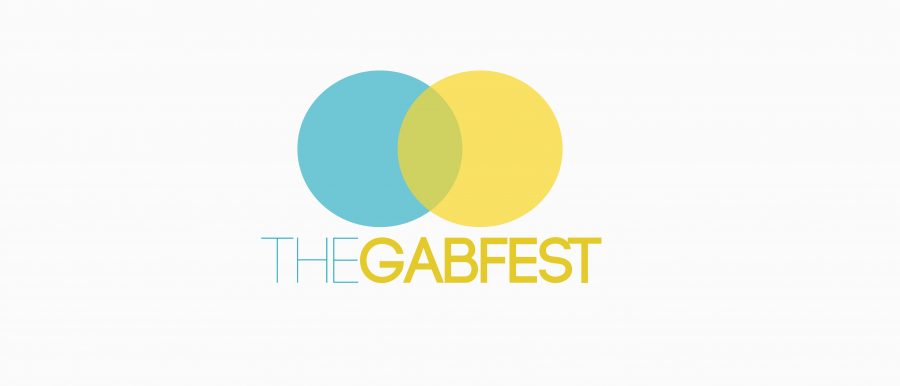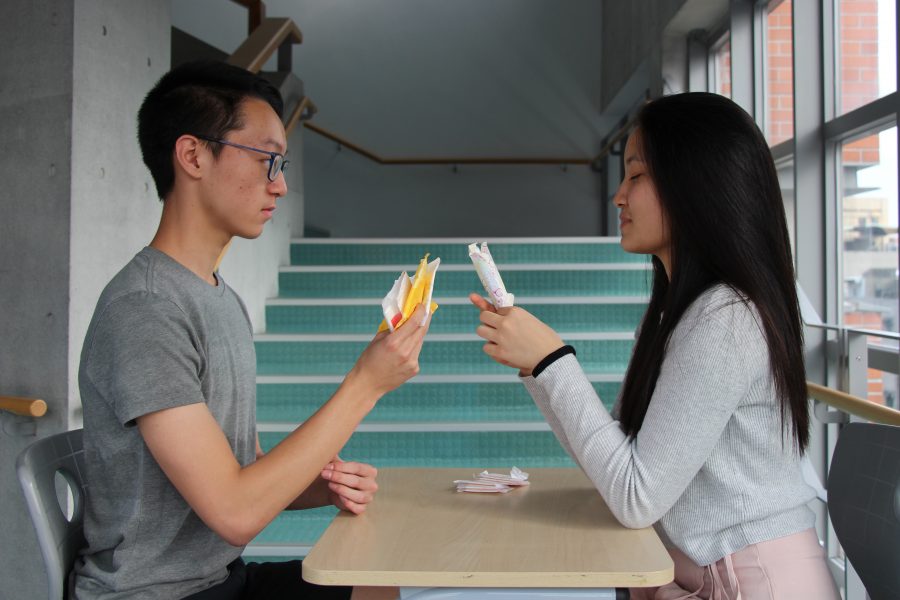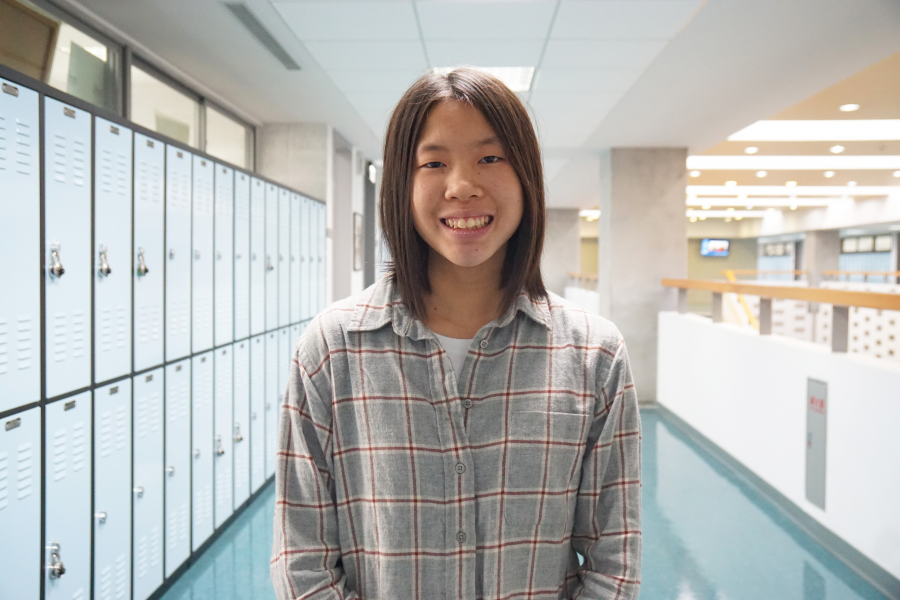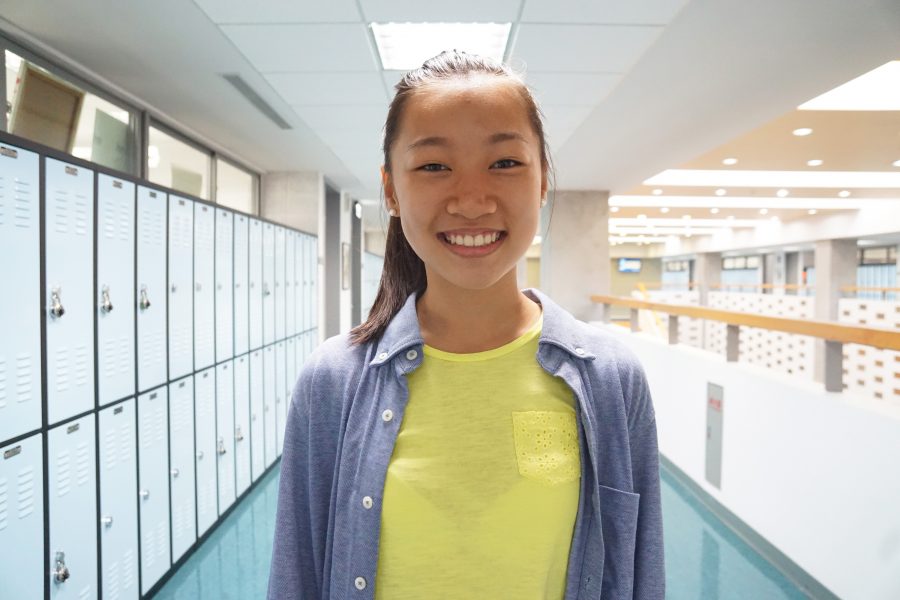A recent article, “Close Friends, Political Enemies,” featured two students with radically different views, who nevertheless debate politics and remain good friends. Two Blue & Gold writers discuss political polarization at TAS, and how our school can change.
Catherine Lin: Since finishing my article about a friendship that crosses the political divide, I’ve increasingly wondered whether political speech is free enough at Taipei American School. While writing it, I was very concerned about the ethical dilemmas surrounding its publication. I didn’t want to hurt my subjects.
Of over eight right-leaning students I spoke to, only Baltazar was willing to go on the record. One conservative declined to be interviewed because he was afraid his grades would be impacted. He worried that being identified as a conservative might harm his relationships with his teachers, subconsciously biasing them against him when they marked essays or composed college recommendations. With left-wing views dominating mainstream political discourse in classrooms, school spaces, and even The Blue & Gold, we as a community risk driving all conservatives underground.
Shereen Lee: I agree that it would be unfair to economic conservatives if expressing their viewpoints could lead to academic or social ramifications for them. But when political viewpoints cross into human rights issues, we begin to cross a line. In Taiwan, we’re often sheltered from the realities of hate in the world, but real people come to harm—whether psychological, emotional, or physical—because of sexist and Islamophobic views. It’s irresponsible to treat those views as purely intellectual stances that are isolated from the real world.
Catherine: One conservative who declined to be interviewed told me, “If you do find anyone who is actually on the right, they most likely will not truthfully give you an answer.” That conservative was correct to some extent. “Somewhat conservative equals socially liberal but financially more conservative. Even the less liberal ones are probably still Clinton fans,” said a socially conservative student I spoke to, who claimed to “not really” know any right-wing people. “Hard to find a conservative at TAS, huh.” Though he later did admit to some socially conservative views and pointed me to other conservatives, I felt disturbed that students would feel so threatened at a place where they are supposed to feel at home.
Shereen: I can understand that the liberal or leftist students and faculty at our school might be living in a bubble. But, as a leftist myself, I find many of the qualms I hold with conservative people as moral tenets, essential to my understanding of the world. When I see someone championing a political party or viewpoint associated with hate and injustice, I find it difficult to accept, or even listen to, them. It’s the perennial left-wing question: if we’re so tolerant of people around us, why can’t we be tolerant of intolerance? To that, I answer that when someone could quite literally die because another person’s “opinion,” it’s not actually an opinion anymore.
opinion: i don’t like mayonnaise
not just an opinion: i don’t believe marginalized groups of people deserve human rights https://t.co/4wD2oxel9q— zofie (@kitttenqueen) August 2, 2017
Catherine: Your position is stifling political conversation at TAS. It’s natural for well-intentioned students who hold these beliefs to chafe under labels that brand them as immoral. People of different political affiliations might have difficulty associating with each other, or feel like they need to avoid certain current events topics to keep the peace. Students on both sides of the political spectrum were often reluctant to talk about politics at all. Josh Wah (‘20) says, “I keep my political views and thoughts private.”
Shereen: Maybe a solution would be to talk more about the issue in a way that doesn’t shame people of different political viewpoints. The best thing about the classroom that it is isolated, at least much more than real life, from hate. Students can be free to try on different political hats.
In one of your interviews, Aidan Chiles said, “I am a Latter-Day Saints person, also more commonly known as a Mormon. We believe that marriage between a man and a woman is central to God’s plan for His children, as well as for the well-being of society. This does not mean that we hate people who identify themselves as gay, the gospel of of our church teaches us to love and treat all people with kindness and civility—even when we disagree.” That way of thinking is a start. We are all just kids. There is still time to learn how to love the people around us.

